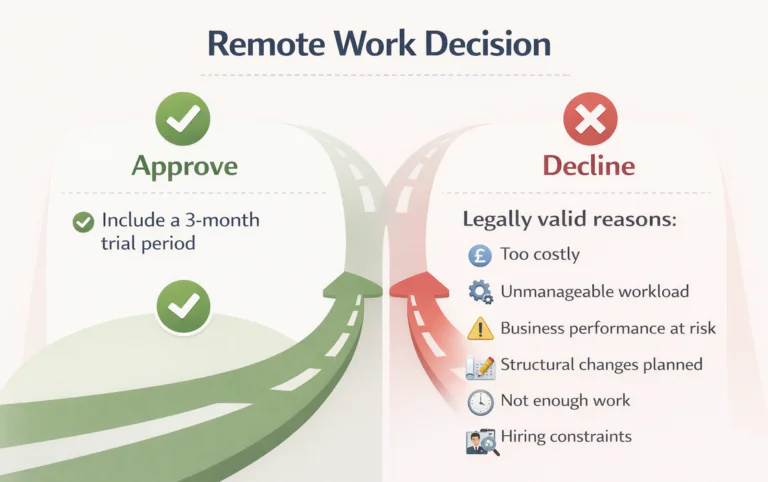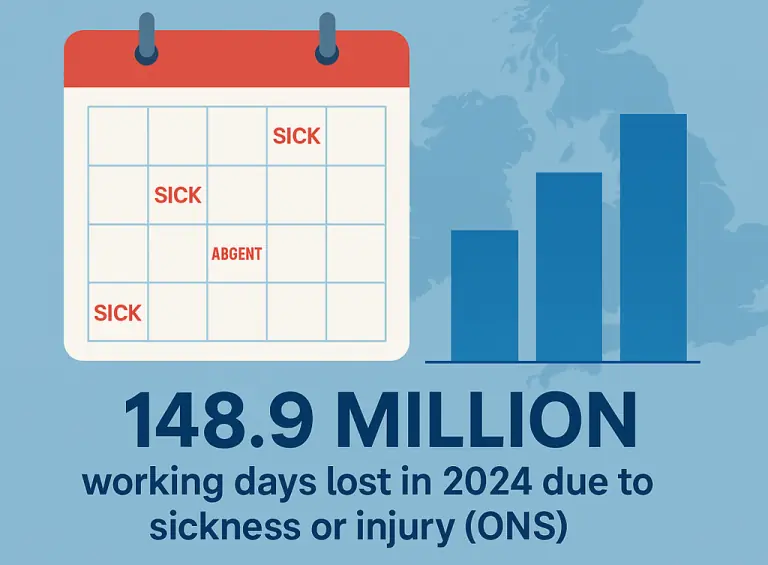
Why Planning Is The Key To Good Management
As a manager, planning is the most important tool in your kit.
Without it, priorities become unclear, workloads spike up and down, and stress becomes a normality. All of these issues affect you, and bleed through to your team.
After all: If you fail to plan, you plan to fail.
So how can we start planning?
Why Is It Important?
Planning reduces stress and saves you time in the long run.
It lets you prepare for hurdles, and enables you to work at your best!
How To Start Planning
Planning is a fundamental tool, learning the building blocks is the most important way to get started. For a definition, it essentially means breaking down what you need to complete a goal.
Key things to keep in mind:
- What needs to get done
- When it needs to be done
- Who is best for the task
- How long it will take
- What tools are needed
These are the building blocks you need to start!
Here are four more tips to help your plans come together.
1. Plan Before Starting The Day
For your personal tasks, plan your daily objectives before you start the day.
Use a notepad, a time management app, or diary software to write them down. Gather them all in one place, allowing you to see them and visualise your ability to complete them.
So many managers put all the effort into planning tasks for their team properly, while leaving their own workloads a complete mess. Remember being a good manager isn’t just about your team, it’s about you too. Make sure you take the steps necessary to plan your day out well, and be a good example for your team.
2. Prioritise Effectively
Every team will have some number of administrative tasks, meetings and deadlines that they need to hit.
Figure out which is most important and work on getting that task handled first.
When important tasks are done, you and your team will feel the weight come off your shoulders!
3. Plan For Breaks
You can’t be fully engaged and productive if you don’t take time for yourself. The same goes for your team!
Allow breaks so that people can eat and speak to other people, but plan for them in advance!
Then you have a schedule to work toward. There’s nothing worse than when an employee works on a task without this allowance, and feels pressured to work nonstop, in turn making them less productive.
4. Delegate Wisely.
You can’t complete everything by yourself.
Get into the habit of delegating tasks that aren’t a valuable use of your time to someone else who will benefit from the experience of doing them.
Just make sure you plan time in your day to oversee their progress!
Long Term Planning
Planning for the long term can help you predict where you will be in 12 months or even 5 years.
It also makes it easier to measure your success and see the areas where you need to focus.
When you have clear goals, making plans is the first step to being able to achieve them.
Planning is also crucial for business success and as a manager, you will need to embrace it.
1. Establish S.M.A.R.T. goals.
This structure of planning is used universally, as it works so well.
When long term planning, use a S.M.A.R.T. goals template to help you set the plan in motion.
2. Use your company’s goals.
Do you need to recruit more employees?
Do you need to reach a certain profit?
These answers help you design a plan and put timescales to them.
3. Use your own goals.
Are you working toward a promotion?
Think about what is going to help you get there.
Then think about what you need to do now in preparation for achieving future goals.
4. Plan for problems.
Don’t fall into the trap of assuming that everything will work out perfectly.
Businesses can change their strategies quickly and key employees can leave unexpectedly.
Be ready for these outcomes!
Give some leeway in the overall schedule, and if your team finishes early, then that’s great!
Conclusion
Planning well is all about self-awareness, knowing how you work best and being realistic while pushing towards your goals.
Everything you do as a manager has an effect on your team, when you think of planning think of it as a 2-part system. Planning for yourself, and planning for your team. A great manager knows how to do both, and how important they both are.
Always think about your own personal objectives as well as those of the team.
Keep in mind where your time can be spent at the highest value.
For more tips, find one of our courses and learn more line manager skills!
- Facebook: https://www.facebook.com/profile.php?id=100066814899655
- X (Twitter): https://twitter.com/AcuityTraining
- LinkedIn: https://www.linkedin.com/company/acuity-training/




